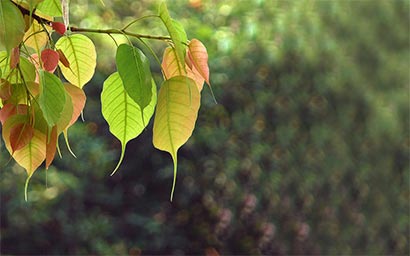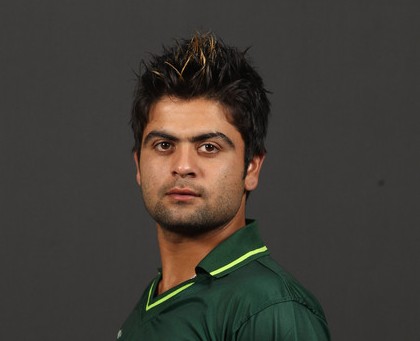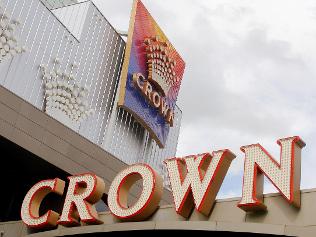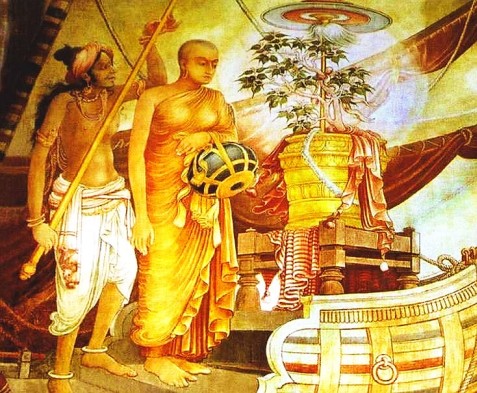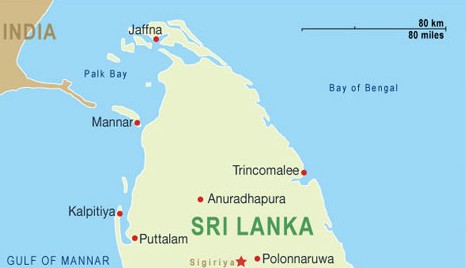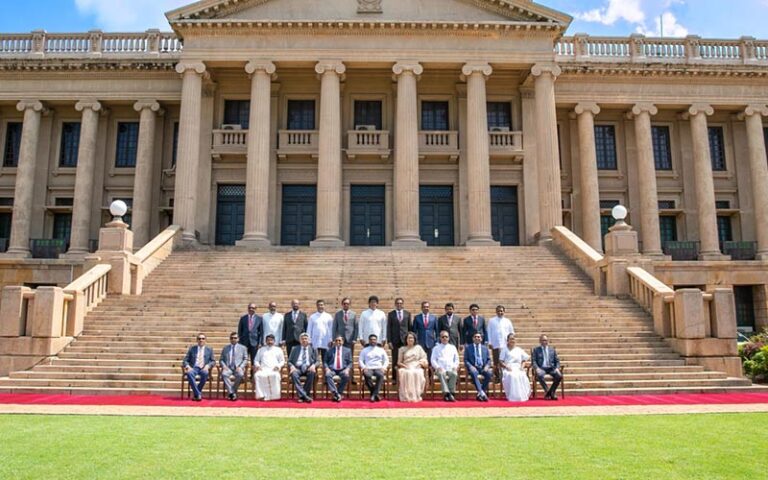Paritta chanting to bestow blessings throughout the New Year will be held at the Vihara on New...
SriLankansPuwath
Premier Limited over Final Chamara Kapugedera and Charith Jayampathi guided SSC to the SLC premier Limited over championship over NCC in...
The Old Boys of St. Sebastian’s College Moratuwa, residing in the UK held their 18th Annual General Meeting...
Sri Lanka is fully able to undertake the tasks set out by the Lessons Learnt and Reconciliation...
Reality UK presents ‘Change a Life’ on new years eve at Sattavis Patidar Centre, Wembley Park, Middlesex.
British Sri Lankan Forum (BSLF) donated £1000 for the Resettlement Hosing Project of war victims in Sri Lanka...
Prime Minister alleged that he was labelled a drug dealer (Kudda) by some faction in robes, soon...
Pakistan opening batsman Ahmed Shehzad has been fined 50 per cent of his match fee for pushing...
[By Janaka Alahapperuma] Speaker Chamal Rajapaksa hosted his customary dinner for Ministers and Parliamentarians after the 2014...
Britain said that it is concerned at military involvement in commercial and other civil activities, such as...
[By Janaka Alahapperuma] Sri Lanka has identified as the most child-friendly government in the South Asian region,...
[By Janaka Alahapperuma] President Mahinda Rajapaksa said that his government has established the Golden Era of the...
[By Janaka Alahapperuma] Today is Unduwap Full Moon Poya Day. The 118th in the series of the...
The Gazette notification has been issued approving three hotel projects including Ltd, but without gaming or casino...
The quality of Sri Lankan university education is declining rapidly. According to the World ranking Sri Lankan...
By Janaka Alahapperuma The Sri Lankan delegation, headed by President Mahinda Rajapaksa, held bilateral talks with its...
[By Janaka Alahapperuma] President Mahinda Rajapaksa who is on a four day state visit to Kenya met...
[By Janaka Alahapperuma] Sri Lankan President Mahinda Rajapaksa paid floral tribute to the father of the independent...
[By Janaka Alahapperuma] President Mahinda Rajapaksa who visited the United Nations Office at capital Nairobi (UNON) gifted...
[By Janaka Alahapperuma] President Mahinda Rajapaksa visited the Nairobi Buddhist Viharaya, located in a suburb of Kenya’s...
[By Janaka Alahapperuma] Sri Lanka President Mahinda Rajapaksa and First Lady Shiranthi Rajapaksa have joined the Kenya’s...
Kumar Sangakkara has been crowned as ODI Cricketer of the Year – 2013 by the International Cricket...
The UN’s Food and Agriculture Organisation (FAO) has been blamed for the spread of a kidney disease...
British Deputy Prime Minister Nicholas Clegg said Sri Lanka should emulate South Africa’s truth and reconciliation process...
New year pooja and pirith chanting at Athula Dassana International Buddhist Temple (Heathrow) on 1st of January 2014.
[By Janaka Alahapperuma] Sri Lanka President Mahinda Rajapaksa who is currently in South Africa paid his last respects to...
Six weeks after Thavisha Peiris was stabbed to death in Sheffield on his final shift as a...
Sri Lanka’s prime minister has ordered staff not to write letters in his name, after drug traffickers...
The European Union today called on the Sri Lankan government to extend further invitations to facilitate outstanding...
United National Member of Parliament and immediate past president of the BASL, Presidents Counsel Mr. Wijeyadasa Rajapakshe,...
For the first time a Sri Lankan Artist in Birmingham on Saturday the 28th December.
Kenton Bethany Church Festive Season Service Times
‘Sangamitta Day’ on Sunday the 15th December 2013 at the London Buddhist Vihara
Kenton Bethany Church presents ‘Away in a Manger’ on Sunday the 22nd of December 2013.

